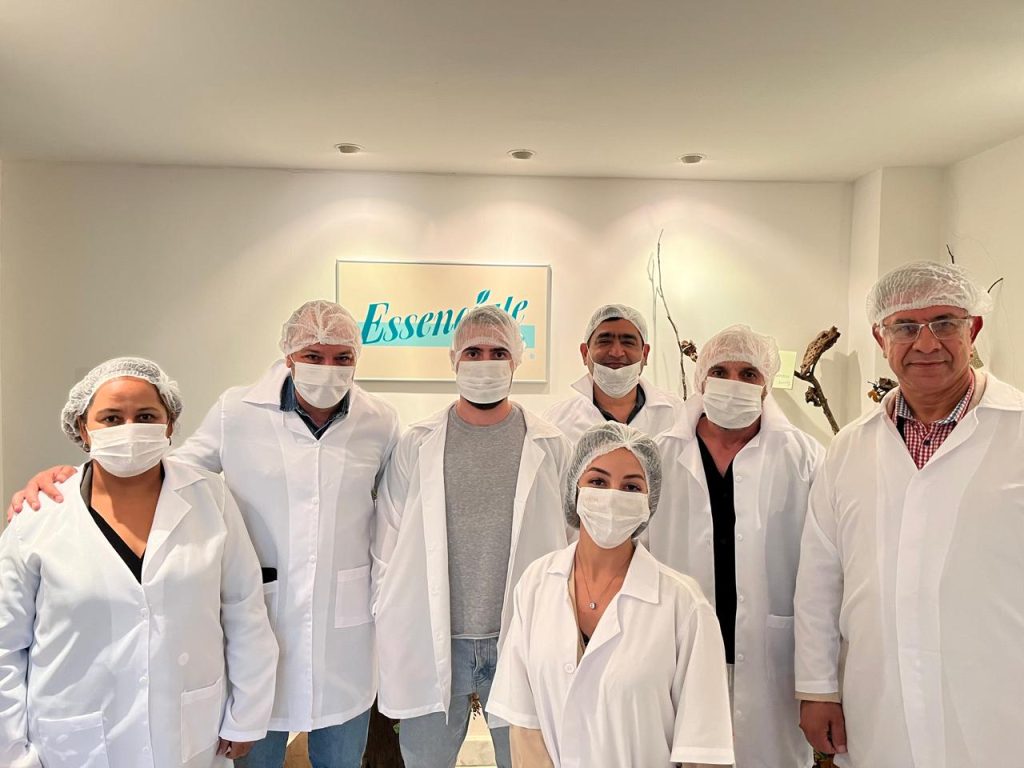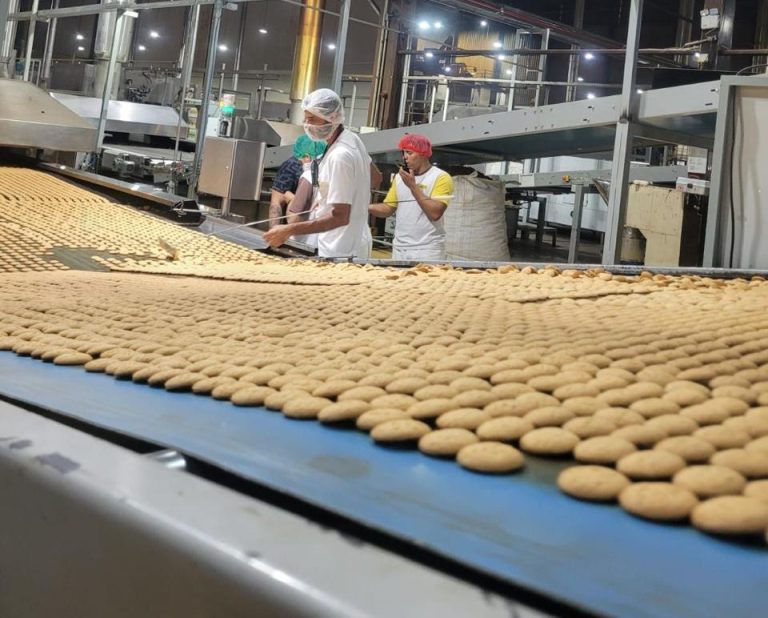São Paulo – Foreign retailers who were in Brazil via Halal do Brasil’s Buyer Project visited food processing plants in Goiás, Paraná and Minas Gerais from Thursday (8) through Friday (9) to get to know the country’s production processes. The technical visits were some of a series of appointments. “They were interested, so I believe the long-term chance of [sales] results is really big,” said the Arab-Brazilian Chamber of Commerce (ABCC) international projects manager Fernanda Dantas on Monday (12) following the week of meetings and negotiations.
The Halal do Brasil project is spearheaded by the ABCC and the Brazilian Trade and Investment Promotion Agency (ApexBrasil) to promote made-in-Brazil halal goods in Muslim-majority countries. Halal means fit for Muslim consumption.

Last week, eight representatives from firms based in Muslim-majority countries were in Brazil by the invitation of the Buyer Project. From Monday (5) through Wednesday (7), they participated in B2B meetings with Brazilian companies in the headquarters of the ABCC in São Paulo.
They also watched seminars on the female presence in business and the food production and export potential of Brazilian states before traveling for technical visits in manufacturing plants. The Buyer Project brought in retailers, trading firms, and distributors from Jordan, Lebanon, Malaysia, Oman, Qatar, Tunisia, and the United Arab Emirates
The delegation was divided in three groups for the state visits. One went to Goiás, where they visited Porto Seco de Anápolis’s Café Rancheiro (of coffee and cookies), Piracanjuba (of dairy products), and Imperador Alimentos (of palm hearts, olives, olive oils, and canned food). Another group went to Minas Gerais, where they visited halal-certified honey manufacturer Essenciale, Mais Yogo, a manufacturer of açaí and frozen yogurt, and biscuit manufacturer Nazinha Alimentos.
In Paraná, a halal beef restaurant experience
The visitation schedule in Paraná was hindered by rough weather. So, before going to the state, the delegation visited the International Poultry Show in São Paulo. On Friday (9), in Paraná, the visitors went to the biscuit and pasta manufacturer Ninfa Alimentos. Following the technical visits, on Saturday (10) all groups were reunited in the Paraná city of Foz do Iguaçu, which is home to a large Muslim and Arab community. There they were received by local officials in a mosque, where a cocktail party was held. In Foz do Iguaçu, they were welcomed in a halal restaurant that specializes in beef cuts.
“It was a very fruitful week that showed the Brazilian potential beyond the food and beverage industry. [The Buyer Project guests] felt welcomed,” said Dantas. “It’s important to develop a complete itinerary including visits to manufacturers for them to feel out production. This rapprochement helps to build trust, as they wanted to know more about the firms,” she said.
Read more:
Malaysia: A potential market for Brazilian foods
Halal project spotlights female leadership
Muslim nations the focus of Brazil states’ exports
Translated by Guilherme Miranda




